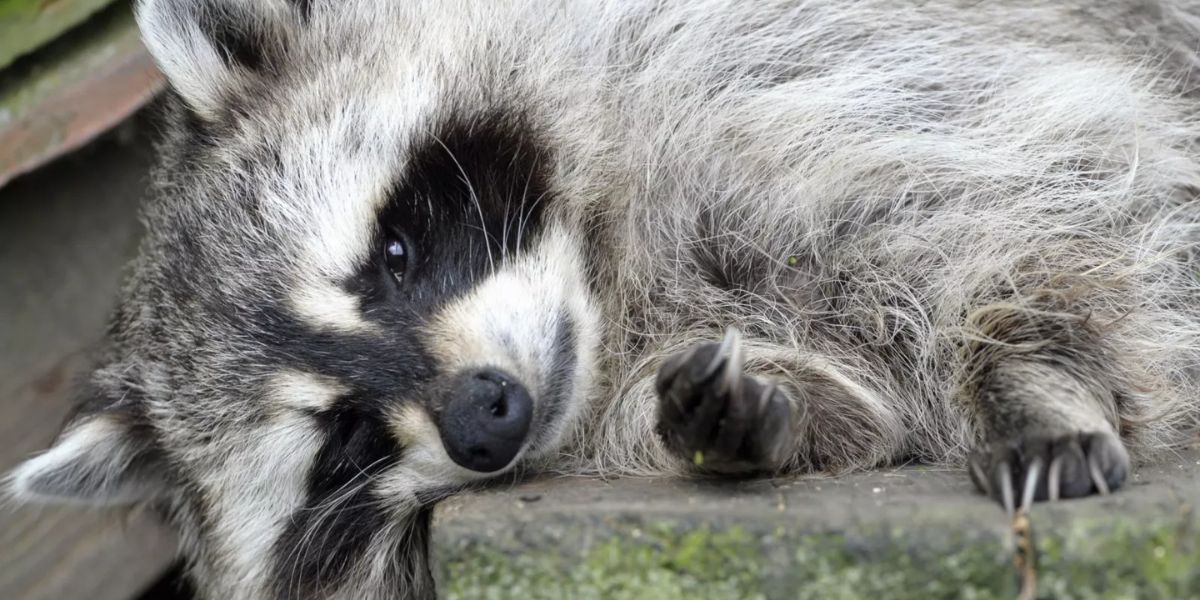Following the discovery of dead raccoons on the grounds of the historic William Floyd Estate on Long Island, officials from the National Park Service (NPS) have issued warnings.
When two raccoons were seen behaving strangely and showing indications of discomfort in late December, coupled with other dead raccoons discovered nearby, these worries were raised.
When tested, the raccoons were discovered to have Canine Distemper Virus (CDV), a highly contagious illness that mostly affects dogs’ neurological, gastrointestinal, and respiratory systems.
Nevertheless, the raccoons did not test positive for avian influenza (bird flu) or rabies, two diseases that are frequently expressed while interacting with wildlife.
As CDV can be lethal if contracted, it poses a specific risk to pets, particularly dogs. Pets can be severely impacted by the virus, even though people are not directly at risk from it. Close animal contact can transmit the disease, especially among the local raccoon population, the NPS cautioned.
It can spread to other predators that are vulnerable to the virus, like coyotes and foxes.
Raccoons infected with CDV frequently exhibit symptoms that can cause them to seem strangely docile or confused. Animals that are infected may become active during the day, stagger, wander aimlessly, and even come fearlessly close to people.
Red flags for the virus’s presence are these strange behaviors. People should keep their pets away from wildlife, especially raccoons, and prevent any close contact with them, the NPS strongly cautions. CDV does not infect people, but if dogs or other pets come into touch with an infected animal, it can be fatal.
Although the grounds are normally open seasonally from May 1 through the Sunday after Thanksgiving, the William Floyd Estate has been closed to the public until further notice as a precaution.
In order to lessen the likelihood that people and pets will come into contact with potentially infected wildlife, the estate has temporarily closed.
To stop these epidemics from spreading to domesticated animals, the NPS has emphasized how crucial it is to vaccinate pets against CDV. Since the virus has no known cure and no antiviral medications have been approved to treat it, immunization is still the greatest line of prevention.
Protests Erupt in North Texas as New Immigration Policies Spark Controversy
In particular, if the animal has been in an area where infected raccoons are known to roam, pet owners are advised to exercise extreme caution and keep an eye out for any symptoms of sickness.
If dogs exhibit any signs of CDV, such as vomiting, coughing, or neurological problems, they should see a veterinarian right away.




